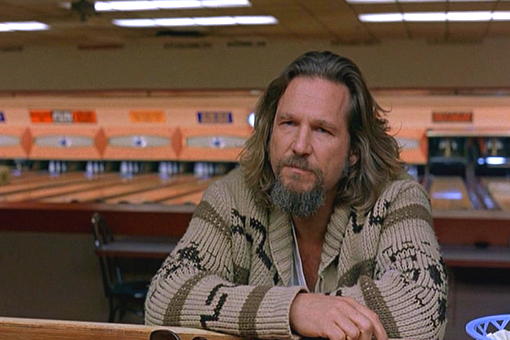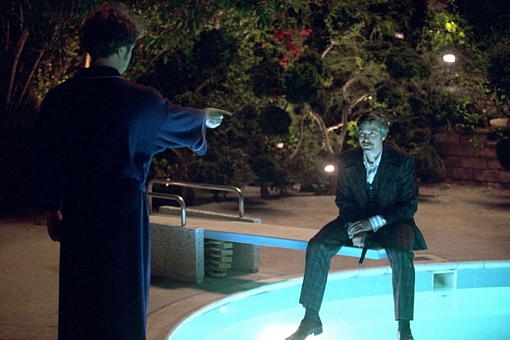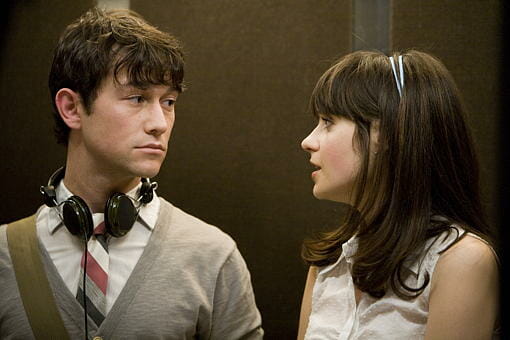

When it comes to screenwriting, you only have so much time, so many pages, so you don’t have the luxury to meander, and this is especially true in your first ten pages. You must maximize script economy and move the story forward immediately because you’ve only got about 10 pages to accomplish five major components:
Establish the tone/genre (is this a comedy, fantasy, spoof, etc.)
Introduce your main character: interesting, flawed, and if not likable, at least empathetic… somebody we can hope and fear for.
Clarify the world of the story and the status quo.
Indicate the theme or message (Good vs. Evil, Man vs. Nature, etc.)
Set up the dramatic situation – that is, what the story is going to be about.
It’s important to note that there is no absolute order in which these five rules are applied. Often a screenplay begins with main character and his/her status quo, but sometimes the dramatic situation comes first, and occasionally all five elements will be covered in one scene alone. As long as these five core elements are executed well and established early on, you’re screenplay is one step closer to achieving success.
Each analysis of selected features takes a detailed look at how each of these five essential elements is established in the first ten pages of the screenplay.




